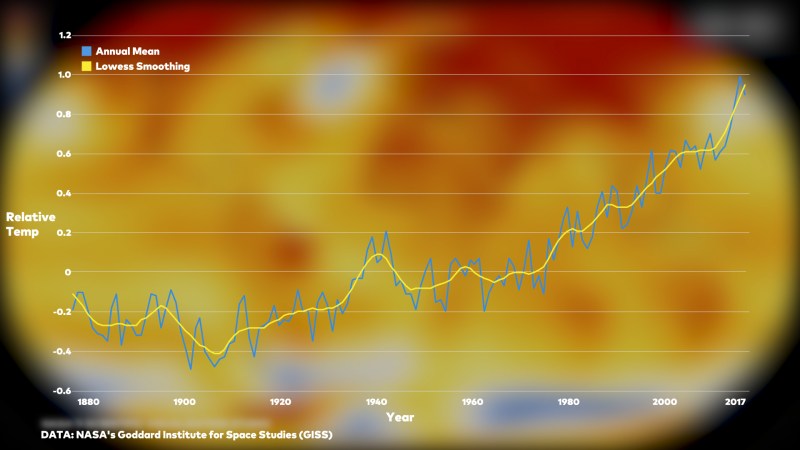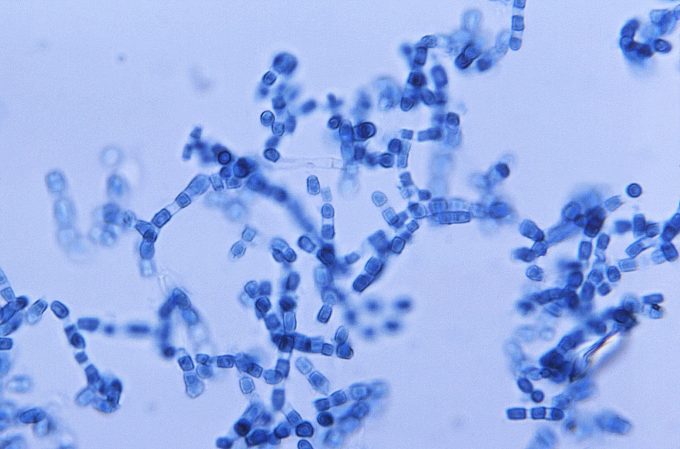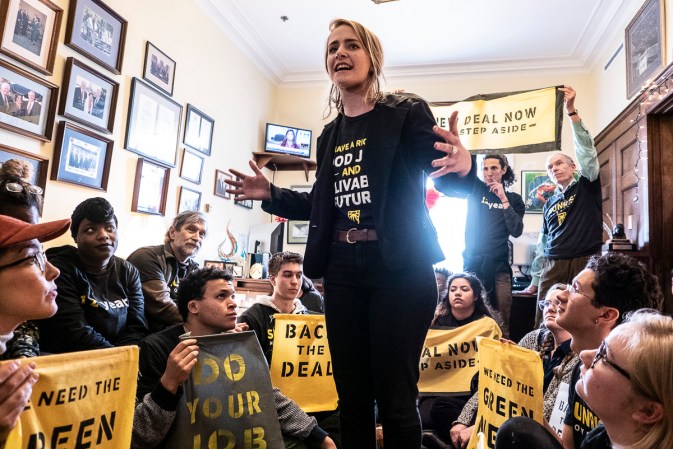

President Biden delivered his State of the Union Address on Tuesday, just one day after the United Nations’ Intergovernmental Panel on Climate Change released its latest assessment report. Yet the climate crisis barely featured in Biden’s speech.
Biden devoted more time to address Russia’s invasion of Ukraine, inflation, and, of course, the ongoing COVID-19 pandemic. Climate change took a back seat, receiving just two direct mentions.
The first mention of climate change was when Biden talked about climate change mitigation as a way to create jobs.
“We’ll create good jobs for millions of Americans, modernizing roads, airports, ports, and waterways all across America,” the president said in his address. “And we’ll do it all to withstand the devastating effects of the climate crisis and promote environmental justice.”
Biden briefly mentioned climate change again through an economic lens: Addressing the climate crisis, he said, will ultimately save Americans money. He said by incentivizing people to make their homes greener through investments and tax credits, as well as doubling the country’s green energy generation output, it’s possible to “cut energy costs for families an average of $500 a year.” Biden also added that buying electric vehicles will mean “you’ll never have to pay at the gas pump again.”
Comparing Biden as president with Biden as a presidential candidate, this is quite a different approach to climate change, as The Washington Post reports. Previously, Biden made more urgent appeals to climate action, centering climate change as its own crisis. During his presidential address, though, climate change was “cast as a pocketbook issue—a strategic move at a time when rising gas prices are on voters’ minds,” wrote Anna Phillips, a reporter focusing on climate change.
[Related: Climate change is blowing our predictions out of the water, says the IPCC]
Climate experts, including the authors of the just-released IPCC report, are clamoring for more attention on the climate crisis, highlighting the dire consequences of a hotter planet. The IPCC reports that 3.6 billion people are extremely vulnerable to the impacts of climate change—and the percentage of people exposed to deadly heat stress, like heat stroke, could rise from 30 percent today to 76 percent by the end of the century.
“We are in an emergency headed for a disaster,” Inger Andersen, executive director of the United Nations Environment Program, said at a Monday press conference. “Climate change isn’t lurking around the corner waiting to pounce,” she added. “It’s already upon us, raining down blows on billions of people.”
Without immediate action, the consequences of a changing climate will only get worse. Under a global increase of just 1.5°C, children who are 10 and younger could witness a nearly four-fold increase in extreme weather events in their lifetime. Under 2°C of global warming, between 800 million and 3 billion people could experience chronic water scarcity, and up to 18 percent of land species would be at high risk of going extinct by 2100. Under 4°C of warming, 4 billion people would be living in severe drought by 2100, and half of all our plant and animal species could be threatened.
“The world we live in today is not going to be the world we live in five years, 10 years, or even 20 years from now,” Debra Roberts, the co-chair of the IPCC report, said at the press conference. “We have to be much more vigilant about our actions.”






















